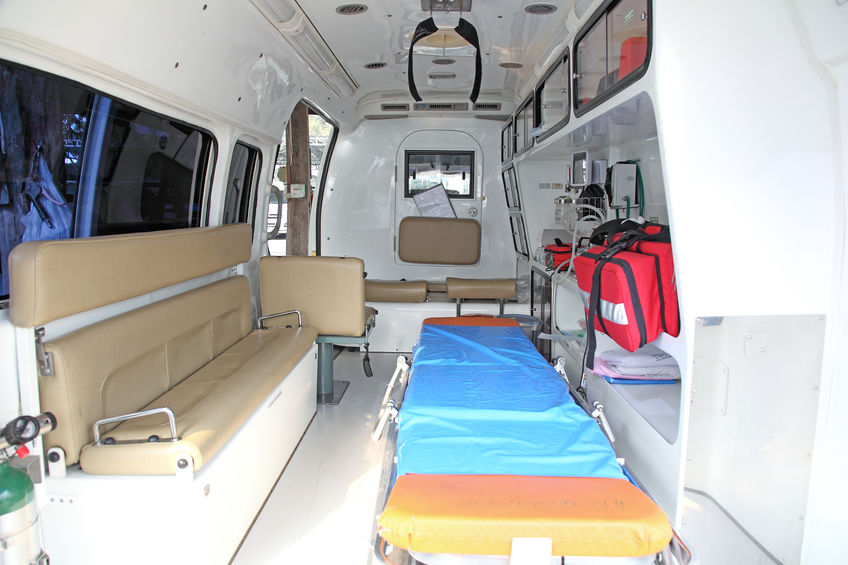For the adult family members of an aging loved one, this is a difficult subject; perhaps it’s also difficult for the elderly person as well. But because it is an important topic, let’s cover Do Not Resuscitate (DNR) orders and provide some helpful information. A DNR order is often part of an advance directive or living will, which grants power of attorney for health-care decisions to another person.
The DNR order sets parameters for the level and type of medical intervention the person wants in the event of a life-threatening medical episode, such as a heart attack or stroke, or at end-of-life. Depending on the person’s age and medical condition, they may want all efforts made to save his or her life; some level of resuscitation; or none at all. It’s important to specify those acceptable interventions in a DNR for the benefit of the person, and for the medical personnel who may be involved.
It is also vital for the family members to know what the DNR calls for. As the adult child, you should be aware of what your parent desires for end-of-life-care, and be prepared to provide that information to medical personnel, documented by a written or electronic copy of the order. For example, if the elder family member’s heart stops, does he or she want CPR to be performed? Does he or she want to be intubated? If non-invasive intubation is an option, is that desired or not? A DNR should also cover dialysis, if applicable, and needs for artificial hydration and nutrition.
At FootPrints Home Care, we recommend that a copy of the DNR is readily available in the home. Attaching it in a visible place, such as the outside of the refrigerator, is helpful should paramedics be called to the home. While family members may know the senior’s wishes, a visiting neighbor may feel the need to call 9-1-1 on behalf of the elderly person; visiting emergency responders are required to do everything in their power to save a life, unless a DNR is readily available that covers the person’s wishes for treatment.
If your parent or loved one does not have a DNR, we suggest a calm conversation to address the questions and their desires. Begin with “Mom, I’d like to talk about health care decisions in the future, so that I know what your wishes are as you age.” Most elderly, particularly if they are struggling with a chronic illness or disability, have thought about the process of dying, and may just need a starting point to discuss their wishes. More about having that conversation can be found on the Hospice Foundation of America’s website.
As the conversation develops (perhaps over several occasions), listen carefully and confirm their comments, such as “So you’re saying that you want us to do everything possible to help you right, including CPR and a ventilator, if needed?” or “You’re saying that if your heart stops, you do not want CPR or artificial means used to try to restart your heart?”
Document the senior’s wishes in writing; this can be through a DNR order written by an attorney or there are online sites like this one. Be sure that the physician is aware of the wishes and has a copy of the DNR order. If your family member has a life alert monitoring device such as a fall alert bracelet, you should also provide a written copy to them. They may have additional paperwork to guide the company as to whether they should call 9-1-1 if called as end-of-life changes occur.
At Footprints Home Care, our mission is to be a blessing to families during this part of the life journey. If we can help with any questions, referrals, or other assistance, please let us know.



